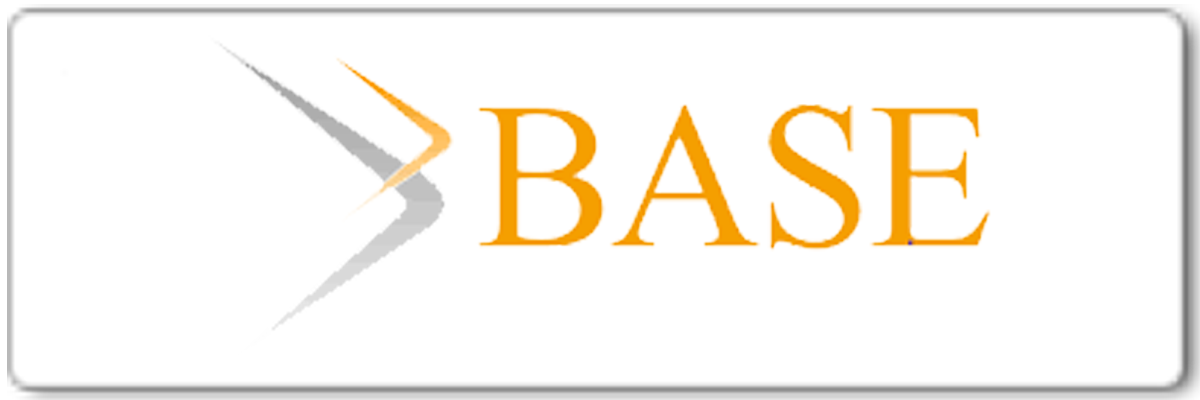MENINGKATKAN KEMAMPUAN METAKOGNITIF DAN AKTIVITAS BELAJAR MELALUI PENERAPAN MODEL PEMBELAJARAN TALKING STICK DI SMPN 1 BALEREJO TAHUN PELAJARAN 2014/2015
https://doi.org/10.25273/florea.v2i2.410
Keywords:
metacognitive skills, learning activities, talking stickAbstract
The study aims to determine the improvement of metacognitive skills and learning activities of students through a learning model talking stick. Classroom action research is done in SMPN 1 Balerejo. Data collection techniques metacognitive skills and learning activities using observation sheet . Results of the first cycle study metacognitive skills 44,22. Results of the first cycle of study learning activities 40,3. Results of the second cycle study metacognitive skills 84,74. Results of second cycle studies 82,62. Conclusion there is an increase in metacognitive skills and learning activities of students through the application of learning models talking stick on the subject matter density of population on the environment SMPN1 Balerejo academic year 2014/2015 .Downloads
Download data is not yet available.
Downloads
Published
2015-11-01
Issue
Section
Articles
License
Every accepted manuscript should be accompanied by "Copyright Transfer Agreement" prior to the article publication.
Florea : Jurnal Biologi dan Pembelajarannya by http://e-journal.unipma.ac.id/index.php/JF is licensed under a Creative Commons Attribution-ShareAlike 4.0 International License.
Author who publish with this journal agree to the following terms:
- Author not hold and retain copyright and grant the journal of first publication with the work simultaneously licenced under Creative Commons Atribution Licence that allows others to share the work with an acknowledgment of the work's authorship and initial publication in this journal.
- Authors are able to enter into separate, additional contractual arrangements for the non-exclusive distribution of the journal's published version of the work with an acknowledgment of its initial publication in this journal.
- Authors are permitted and encouraged to post their work online prior to and during the submission process, as it can lead to productive exchanges, as well as earlier and greater citation of published work.
Â










